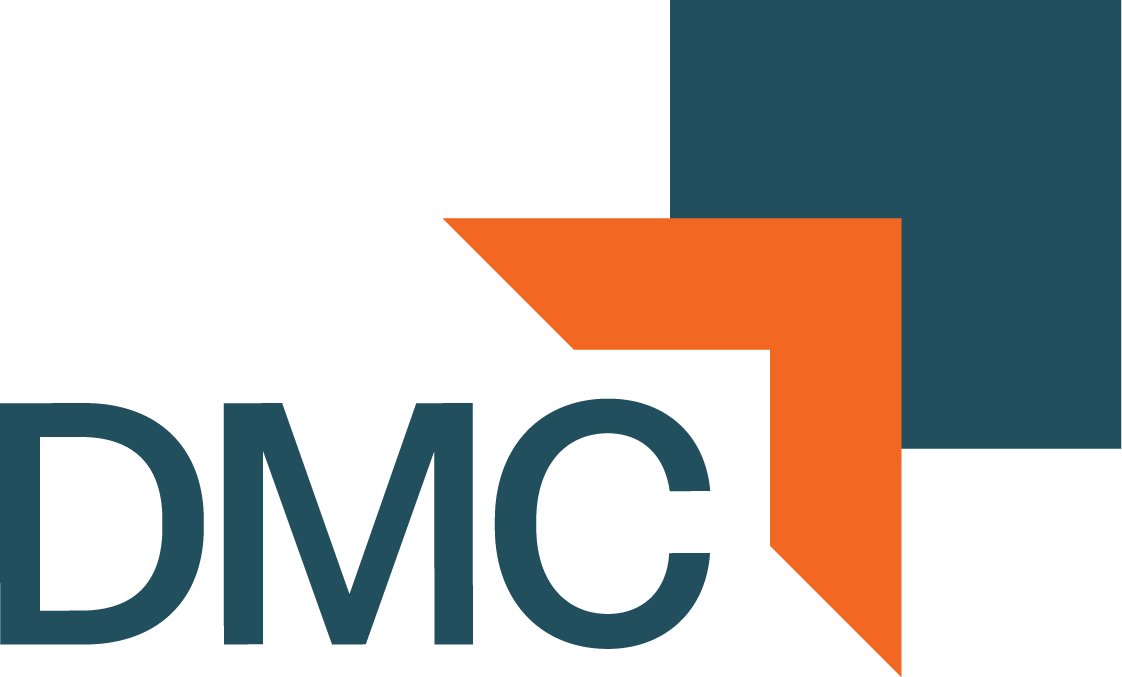Ireland has made a remarkable transition from primarily an agricultural economy in the late 1970s to a dynamic services-based economy 40 years later.
This shift is a measure of the success of the Irish Development Agency – now IDA - in attracting significant inward investment from foreign (initially US) companies. A combination of competitive corporate tax regimes, a well-educated young workforce and the IDA's successful long-running campaign to attract high-end manufacturing and service companies to relocate significant parts of their business to Ireland, has resulted in over half of the Republic's 2016 GDP coming from foreign-owned businesses. This has had a dramatic positive impact on Ireland's economy:
- Between 1985 and 2002, private sector jobs increased 59%
- Economic growth averaged a rapid 10% from 1995 to 2000, and 7% from 2001 to 2004
- Industry now accounts for 46% of GDP and about 80% of exports, replacing agriculture as the country's leading sector.
As a result, the economy has shifted from an agricultural to a knowledge economy, focusing on services and high-tech industries.
So why is STEM important?
On the face of it, it looks like Ireland's education system is in good health. The number of students in higher education has increased by 10% in the last five years to just under 226,000 and the graduation statistics for 2017 show that over 49,000 students graduated with a first degree, and 21,000 with a postgraduate degree. However, these headline statistics hide some potential long-term structural imbalances. Of these 70,000 graduates, the majority were in Arts and Humanities, Business and Law - only 24% were in STEM subjects (Science, Technology, Engineering and Maths), which are the skill-sets that are in demand in the modern Irish economy driven by IT, Pharmaceuticals and high-tech manufacturing. On the bright side, it does appear that students are responding to the economic incentives offered by these industries, as there has been an 38% increase in new undergraduates studying ICT and Natural Sciences since 2016.
However, a closer look at the nature of the STEM skills reveals that there is a still a potential long-term problem - the lack of engineering graduates. 'Technology' has recently become synonymous with 'Information Technology' and while the growing number of IT graduates bolster a large existing IT workforce, traditional 'hard' engineering, such as Mechanical or Electrical Engineering, is experiencing a drop in trained graduates. There were 4,746 undergraduate entrants in engineering, manufacturing and construction in 2017/2018, representing a decrease of 4% compared to the previous year. Even more concerning, the number of new entrants in building and civil engineering in 2017/2018 was over half (57%) of the 2009 level.
It is also worth remembering that, in engineering, graduating with a first degree is often only the beginning - there usually follows several years of practical industry experience before professional certification.
The lack of such relevant skills is impacting construction in Ireland. The latest Irish Construction Market Monitor (produced by the Society of Chartered Surveyors Ireland and PwC) indicates a further decline in the level of available talent in the Irish construction industry. Their research, based on the responses of 250 surveyors, indicates a skills shortage across most construction-related trades and professions. More worrying is that these shortages are even more acute than prior years and impact all the industry’s trades and professions. Just looking at the professions, the survey results show that over the last 12 months, 88% of surveying firms have experienced skills shortages for quantity surveyors, up on both 2018 (84% of firms) and 2017 (80% of firms). The same is true of Civil Engineers, with over 71% of surveyor partnerships experiencing shortages of civil engineers, up from 53% in 2018.
Across each of the eight sectors we work in, both the Mechanical & Electrical experience and project management expertise offered by such professionals is critical to the success of our projects, as the complexity of their systems require a high level of project management. This higher technical content in buildings such as data centres, pharmaceutical and other high-tech manufacturing also account for a much larger proportion of the total cost (45% or more) compared to commercial office buildings (around 30%).
Software requires hardware
One example is in the IT sector - without sufficient data connectivity, robust data centres and sufficient electrical power, this sector cannot function reliably or grow any larger. There are currently 51 major data centres in Ireland with plans for another 30 over the next 5-10 years and to design, construct and maintain such critical infrastructure requires experienced Mechanical and Electrical engineers. Other industries, such as pharmaceuticals also require reliable, robust and technically advanced infrastructure and the situation is further exacerbated by the recent €3bn+ expansion announcement by Intel at their Leixlip facility. Within the M&E industry there is already a generational gap between the current crop of new entrants and experienced M&E engineers and managers, and recent statistics relating to teaching recruitment further compound the concern. The number of graduates entering teaching has fallen dramatically since the Post Graduate Masters in Education was extended to two years. With fees of Euro15,000 per year, plus the cost of living, a graduate in STEM subjects has little economic incentive to enter the teaching profession, when they can earn Euro 30,000 as a new employee of one of the large IT, Pharma or manufacturing firms. There is no longer a 'Postgraduate Premium' to be had for the additional two years' of teacher training and this is leading to major teacher supply gaps across a wide range of STEM and language disciplines.
Why invest in STEM?
The history of Ireland's rapid economic development in IT, High Tech, Pharmaceutical, Medical technologies and software over the past 40 years is an excellent example of how the core skills of a country can rapidly evolve to create new industries, wealth and a brighter future for all its citizens. However, unless we also invest in our ability to continue training future generations in these key STEM disciplines, then the foundations on which our economic success has been built will become less resilient, robust and enduring. Given the long lead-times involved, we need look at investing more in addressing these skill-shortages as a matter of urgency.
The ongoing success and profile of the BT Young Scientist and Technology Exhibition, which has now reached its 56th year, is evidence that there is an inherent interest in STEM subjects in Ireland and it is incumbent on educators and parents to foster and grow this interest, to offset the growing skill shortage chasm.

